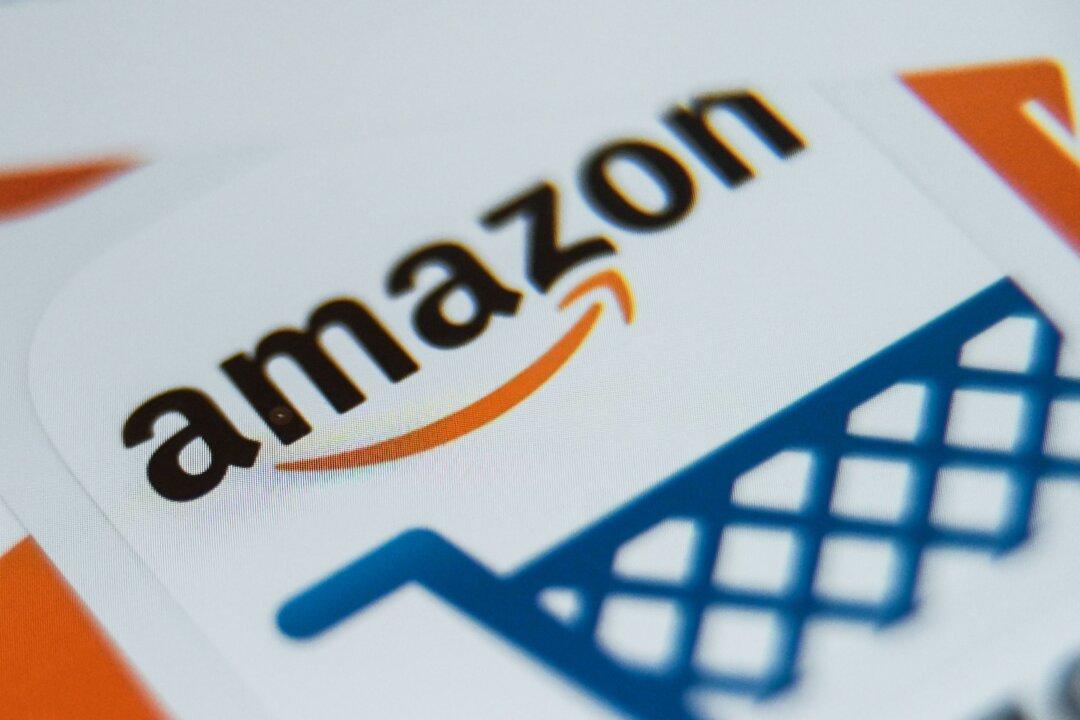Amazon.com Inc on Thursday reported sales growth and profit that beat Wall Street’s expectations as the company delivered goods faster and more cheaply to shoppers while recent cloud-computing headwinds began to subside.
Amazon’s shares surged 9 percent on the news, extending its stock market value more than $120 billion in after-hours trading.





